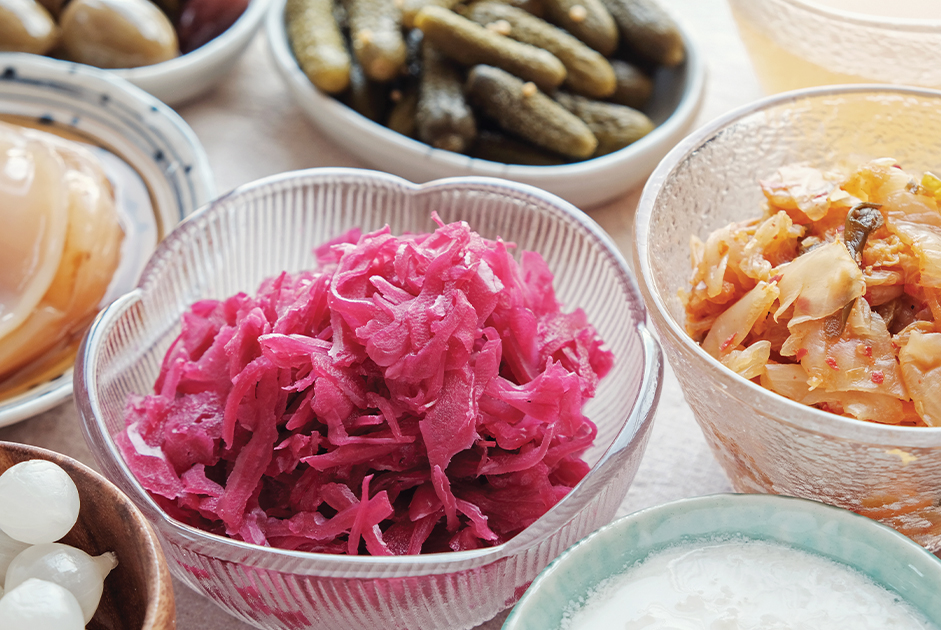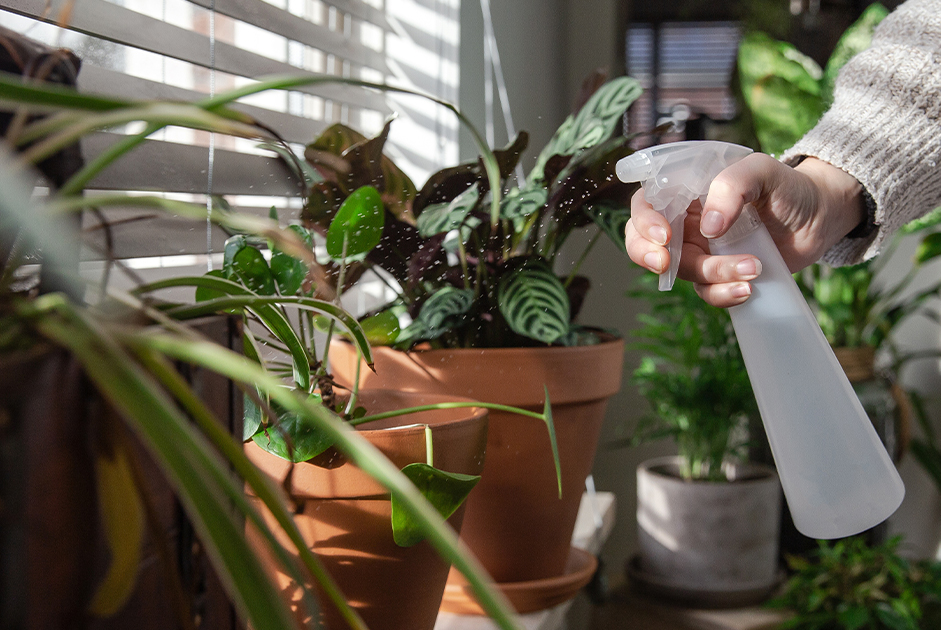Prebiotics and probiotics seem to be everywhere these days. On the aisles of the stores where we shop, talked about in magazine articles and overheard in conversations relating to health. These supplements come packaged as powders, gummies, pills and drinks and make big promises to improve digestion, boost the immune system, lower blood sugar and more.
Gut health, in general, is a hot topic almost everywhere you turn, and prebiotics and probiotics seem to be at the center of the discussion. Even though you may have heard about their benefits again and again, you may not know how each functions in maintaining a happy, healthy gut. Here are some basics to get you familiar with what prebiotics and probiotics can do to help your tummy.
Prebiotics
Prebiotics are specialized plant fiber that act as food for good bacteria in the gut. This stimulates growth among the preexisting good bacteria. A lot of gastrointestinal problems can stem from not having the right level of good bacteria in your digestive tract. Prebiotics can be found in fiber-rich foods like green bananas, asparagus, artichokes, oats, soybeans, apples, garlic, onion, barley and wheat bran.
Probiotics
Probiotics are living strains of bacteria that add to the population of good bacteria in your digestive system. They are live microorganisms found in fermented food that, when administered in adequate amounts, provide health benefits. When you eat probiotics, you’re adding microbes to your gut. Probiotic foods include kefir, kombucha, miso, sauerkraut, aged cheese, sourdough bread, yogurt, pickles and kimchi.
Many people choose to take probiotics every day, while some might just use them periodically or whenever they feel the need for a little gut support. Find which way works best for you.
You might think that once you have established good gut flora that it can then be left to its own devices. In reality, our lifestyles are now so challenging for our microbiome that many of us need to give it extra care on a regular basis.
How To Make Prebiotics and Probiotics Work For You
Before you start taking prebiotics and probiotics, there are some things to keep in mind in order to make sure they’re as effective as possible. Make sure your probiotics are kept cold in the refrigerator…heat can kill them because they are living organisms! You don’t need to refrigerate prebiotics. Also, antibiotics can kill the good bacteria in your gut…not just the bad ones. So, it’s worth replenishing the good bacteria with prebiotics and probiotics after you’ve finished your treatment.
Food Can Help Make All the Difference
Making a change in your diet can help boost your prebiotic and probiotic intake, but eating the wrong things (like high-sugar and high-fat foods) can feed the bad bacteria in your gut and give them an edge over the good bacteria.
Do Probiotics Help IBS?
A systematic review of trials in people with irritable bowel syndrome found that probiotics seem to improve the symptoms of this condition. However, the studies caution that it is unclear how significant the benefit may be or which strain of probiotic is most effective. The prebiotic type and dose may significantly impact symptom improvement and exacerbation. As a matter of fact, some evidence suggests higher doses of prebiotics can even negatively affect IBS symptoms. In any case, you may have to do some trial and error to find out what works best for you.
Other Ways Probiotics May Help
Some evidence suggests that in addition to improving gut health, probiotics may also do the following:
Improve mental health, such as symptoms of depression.
Decrease gestational diabetes.
Limit incidence of ventilator-associated pneumonia.
Lessen the likelihood of vaginal infections.
Reduce eczema flares.
With all the hype out there, it’s important to be diligent in researching any product you may be considering. Better yet, get recommendations from people you know…and always remember to talk with your doctor before taking any new medication or supplement.




















